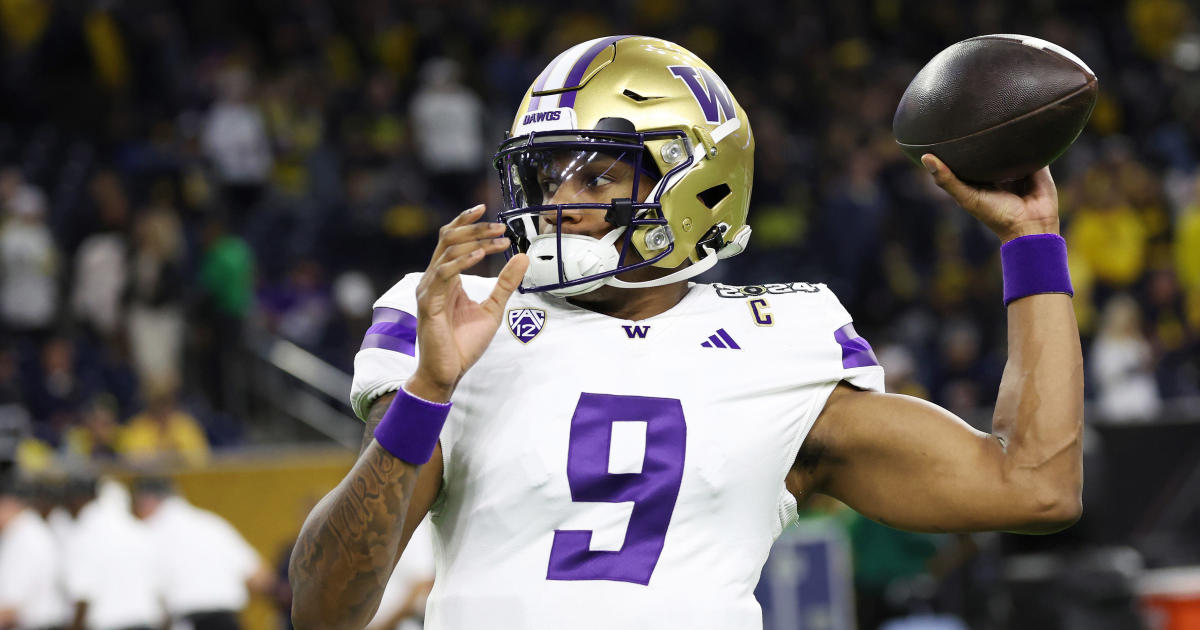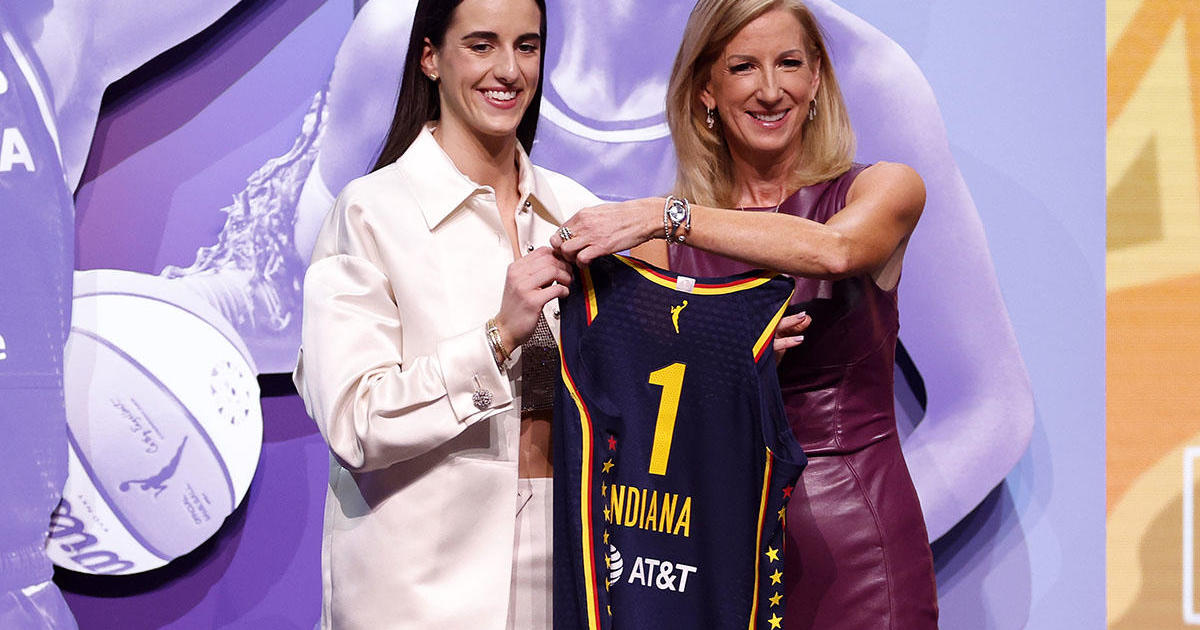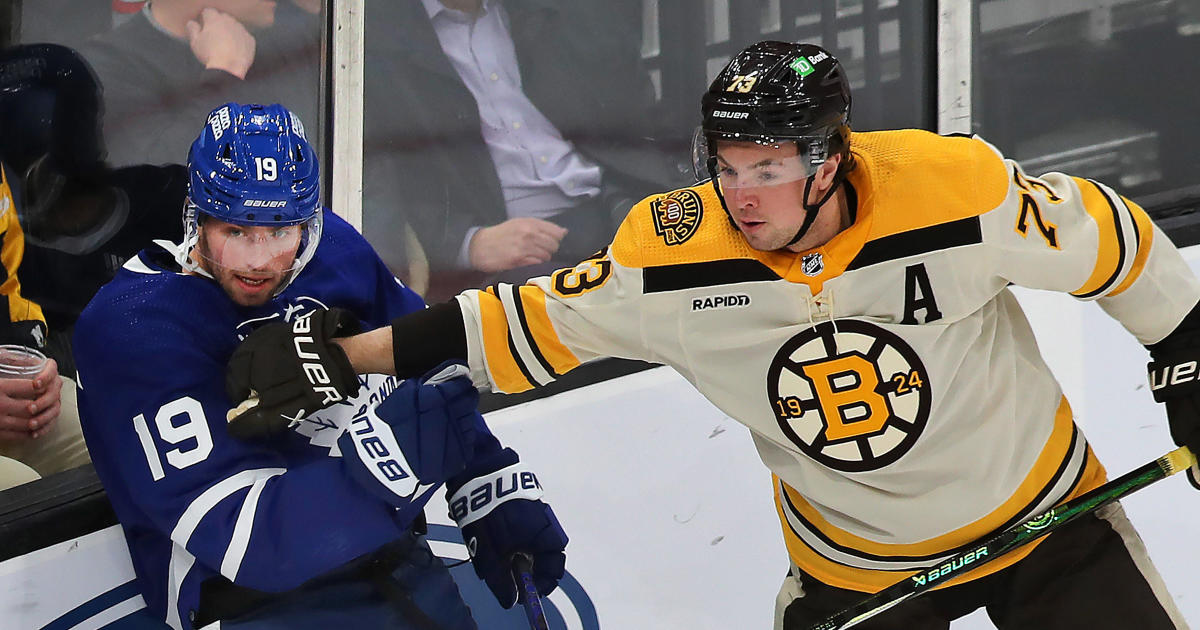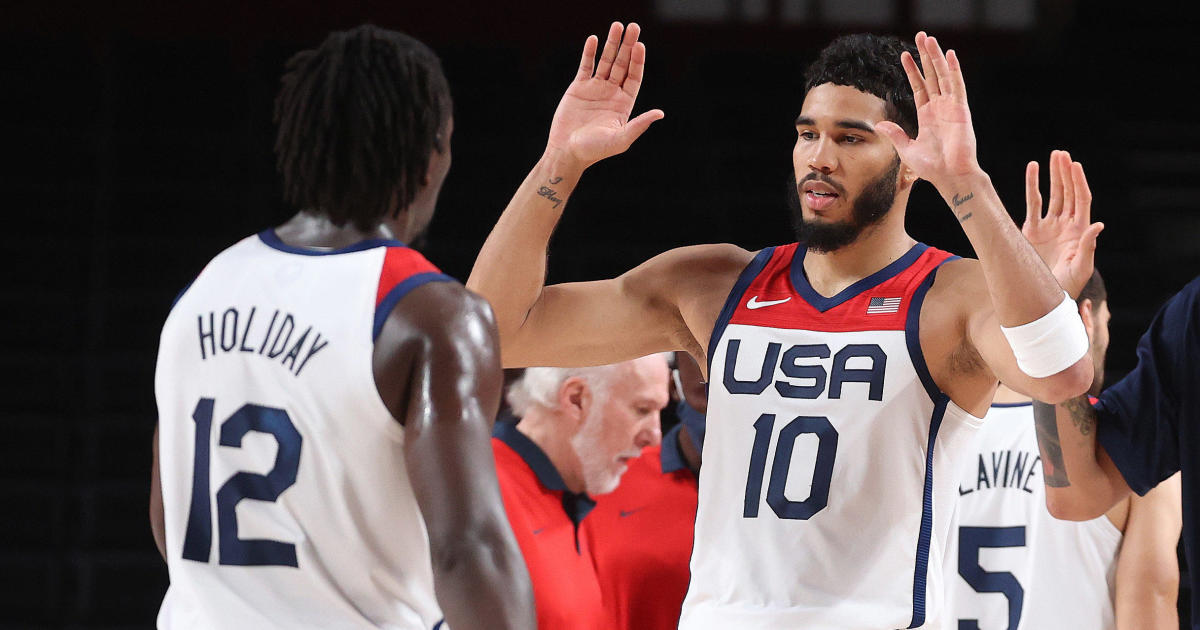Three Reasons Why It's Hard To Believe NFL, Goodell Now Care About Domestic Violence
By Michael Hurley, CBS Boston
BOSTON (CBS) -- If the bottom line shows that Ezekiel Elliot was guilty of domestic violence and the NFL believed it, then the end result of a six-game suspension for the Cowboys' running back is the right one.
There's a lot in that equation, however, that we on the outside just do not know. Despite this lack of clarity, in the wake of Elliott's suspension being announced, there's been a tendency from some to say that yes, now the NFL is taking seriously the issue of domestic violence.
On that, a word of caution.
Frankly, multi-billion-dollar corporations don't often rapidly develop a strict sense of morality in 2017. As a business, the NFL has always been about profit and will continue to be about profit. Nothing has ever guided the league more forcefully than money.
Good PR can generally lead to a more favorable position in terms of making money, so that must not be forgotten.
But what's also impossible to forget is just how poorly the NFL has handled cases of domestic violence in recent years. While the list is long, here's a condensed look at three reasons why it's hard to believe that Roger Goodell and the NFL suddenly feel compelled to "get it right" in a domestic violence case.
1. In 2014, a 55-year-old Goodell purported to be someone who for the first time understood that domestic violence was a serious matter.
Rather than admit to a cover-up, Goodell decided to essentially plead ignorance.
"Unfortunately over the past several weeks we have seen all too much of the NFL doing wrong and that starts with me," Goodell said after a second video showing Rice actually striking his then-fiancee in the head was released on TMZ. "I got it wrong with the handling of the Ray Rice matter and I am sorry for that. I got it wrong on a number of levels from the process that I led to the decision that I reached."
"I let myself down," Goodell added. "I let everyone else down. For that, I'm sorry."
This was, without a doubt, among the emptiest utterances into a microphone the world has ever witnessed.
What somehow got lost in the all the apologizing and "accountability" was that the NFL watched a video of Rice dragging an unconscious woman out of an elevator, a woman he admitted to knocking unconscious, and the league collectively decided that a light slap on the wrist would be all that was necessary for punishment.
It was only when the country actually saw Rice take a swing at her head in the "second" video that the league decided to get tough with Rice. This came a year after the NFL reportedly turned down a proposal from a nonprofit group to run a thorough domestic violence education program for players.
There was no "learning" or "developing." There was simply getting caught trying to minimize a major incident, because they thought they could get away with it.
2. An arbitrator reduced Greg Hardy's suspension from 10 games to four games, and Goodell did not fight the ruling.
As we've seen in certain instances -- Bountygate, DeflateGate, concussion litigation, for starters -- Goodell is willing to expend as much time, energy, and money in order to fight causes that he feels are important. If it means proactively filing an appeal in the state of New York to try to control where Tom Brady's appeal would be heard, then he'd do it. If it meant a years-long investigation into a bounty program that may or may not have existed, he'd do it.
But in the case of Hardy -- who was found guilty of domestic violence charges but then appealed the ruling in the state of North Carolina and eventually had the charges dropped when the alleged victim failed to appear -- Goodell "came down hard" on the player with a 10-game suspension.
But when arbitrator Harold Henderson reduced that suspension by 60 percent, Goodell did not dispute the fighting. Despite the league finding credible evidence that Hardy used physical force on a female in "at least four instances," Goodell accepted the arbitrator's ruling which significantly cut Goodell's initial suspension of Hardy.
"First, he used physical force against her which caused her to land in a bathtub," the league said in the announcement. "Second, he used physical force against her which caused her to land on a futon that was covered with at least four semi-automatic rifles. Third, he used physical force against her by placing his hands around [her] neck and applying enough pressure to leave visible marks. And fourth, he used physical force to shove [her] against a wall in his apartment's entry hallway."
These were the findings of the NFL. Based on these findings, the NFL believed Hardy should be suspended for 10 games. But when an arbitrator took the bite out of that punishment, Goodell essentially shrugged his shoulders and said, "OK."
All the conviction that was needed to issue that 10-game suspension was put aside. At this same time, Goodell was in the process of fighting Tom Brady over football air pressure in the appellate level of the federal court system.
And when it came time for Hardy's reinstatement hearing, Goodell didn't even attend. And Hardy's representatives were allowed to smear the alleged victim.
3. Just one year ago with Giants kicker Josh Brown, Goodell and the NFL repeated every single "mistake" they had made with Rice.
The parallels between the Rice case and the Brown cases were remarkably similar, with the league opting to issue as light a punishment as possible in hopes that the full truth would never reach the general public. Once that truth did reach the public -- that Brown had "physically, emotionally and verbally" abused his wife for years -- then the NFL went into scramble mode. Goodell placed Brown on the commissioner's exempt list, and the Giants released Brown several days later.
Goodell -- who stated in 2014, "I believe in accountability [and] I understand the challenges before me and I will be held accountable for meeting them" -- responded to the swirling controversy by ignoring all interview requests from American media members. With the Giants playing in London, Goodell agreed to answer one question from a BBC reporter about the Brown situation. Goodell answered with a heavy dose of condescension.
"I understand the public's misunderstanding of those things and how that can be difficult for them to understand how we get to those positions," Goodell stated matter-of-factly.
This was in October. Of 2016.
So forgive me if now in August of 2017, I am slow to come around to the idea that Goodell is interested in "believing a victim's story" or is most interested in "taking domestic violence seriously." Goodell and the NFL are interested more than anything in not having yet another incident blow up in their faces for all the world to see. Whether that means they believed that some evidence would eventually find its way into the public space, or if they feared an involved party might go public with anything that took place behind the scenes, we cannot know.
But through all of this -- and more -- we should know better than to believe that suddenly, the NFL's moral compass has been properly aligned. The NFL will always care first and foremost about the NFL.
You can email Michael Hurley or find him on Twitter @michaelFhurley.



